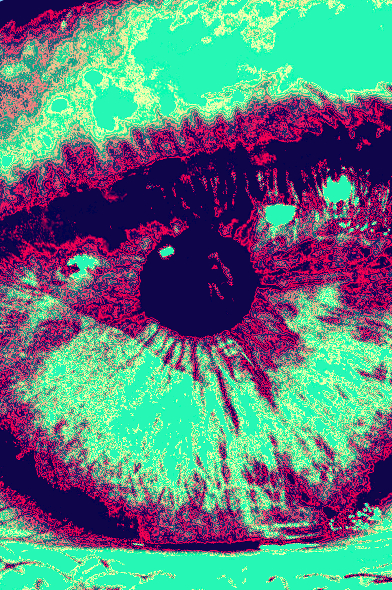Genes used to restore eye nerves
 Researchers have used gene therapy to regenerate damaged optic nerve fibres.
Researchers have used gene therapy to regenerate damaged optic nerve fibres.
The findings bring hope of future treatments which could repair nerve damage which causes blindness in glaucoma and potentially even restore sight.
Around 300,000 Australians have glaucoma, a disease caused by progressive damage to the optic nerve which transfers visual information from the eye to the brain.
Conventional treatments focus on reducing eye pressure to prevent optic nerve damage, but they do not work for about 15 per cent of patients and there is currently no way to repair damaged nerve cells.
In the latest tests, researchers looked at whether a gene responsible for producing a protein known as protrudin could stimulate the regeneration of nerve cells and stop them from dying when they were injured.
They used a cell culture system to grow brain cells in the lab and then injured them using a laser before introducing a gene to increase the amount of protrudin in the cells, vastly increasing their ability to repair and regenerate.
Tests of eye and optic nerve cells found the protein enabled significant regeneration weeks after a crush injury to the optic nerve.
The research also demonstrated almost complete protection of nerve cells from a mouse retina growing in cell culture, a technique which would usually be expected to result in extensive cell death.
Professor Keith Martin from the Centre for Eye Research Australia and University of Melbourne says the results are promising.
“What we’ve seen is the strongest regeneration of any technique we’ve used before,” he said.
“In the past it seemed impossible we would be able to regenerate the optic nerve but this research shows the potential of gene therapy to do this.”
The international team is continuing its collaboration in Melbourne and Cambridge. Professor Martin says next steps are to explore the ability of protrudin to protect and regenerate human retinal cells.








 Print
Print